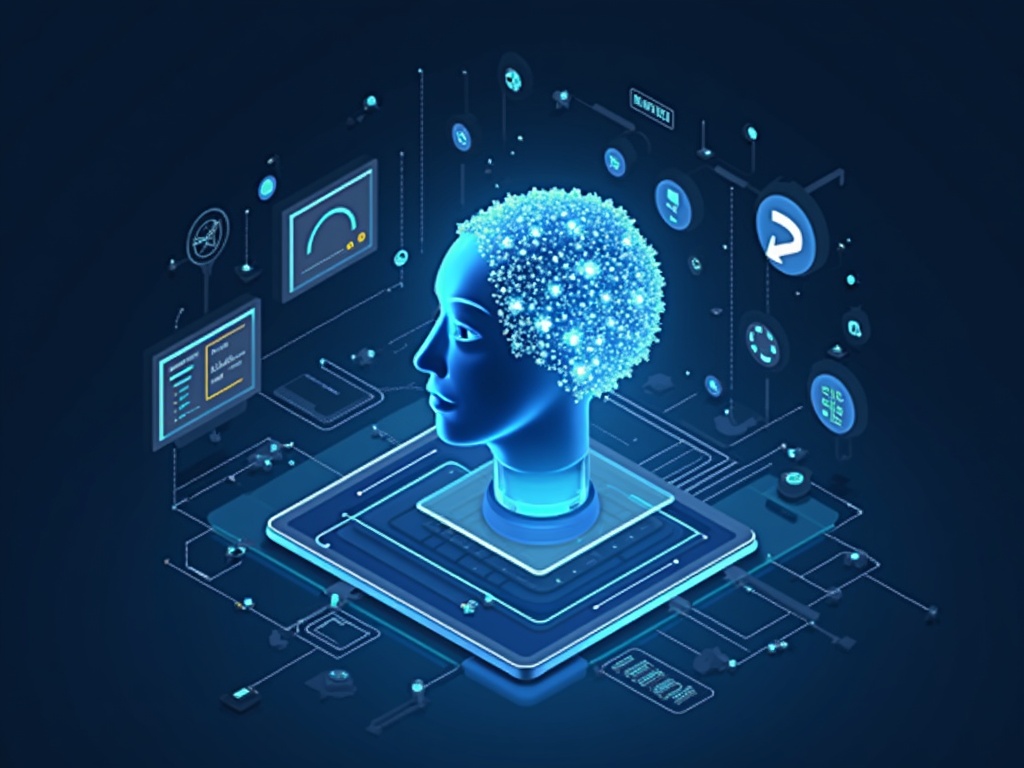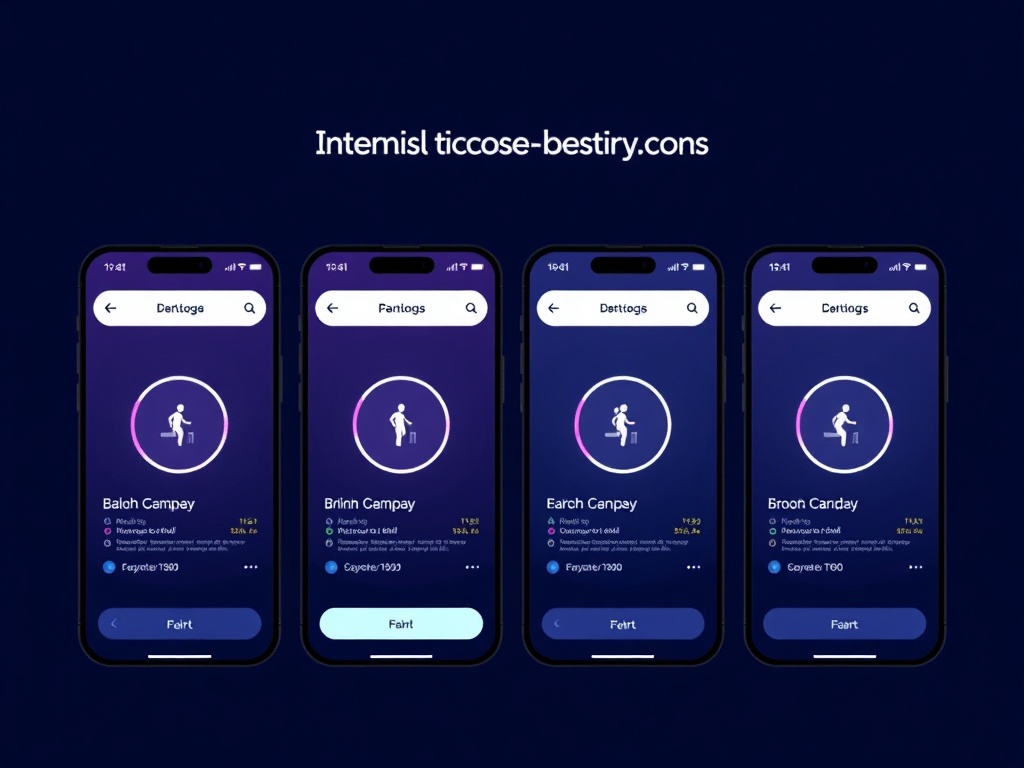AI Apps for Research and Learning: Unlocking New Possibilities
Artificial Intelligence (AI) has revolutionized various aspects of our lives, including research and learning. With the increasing availability of AI-powered apps, researchers and learners can now tap into powerful tools that facilitate data analysis, hypothesis testing, and knowledge discovery. In this article, we’ll delve into the world of AI apps for research and learning, exploring their features, benefits, and applications.
What are AI Apps?
AI apps are software applications that utilize machine learning algorithms to perform tasks such as pattern recognition, natural language processing, and data analysis. These apps can be used on various devices, including smartphones, tablets, laptops, and desktop computers.
Top AI Apps for Research and Learning
1. Google’s Dataset Search
- Dataset Search is a search engine developed by Google that allows researchers to find and access public datasets from across the web.
- Features:
- Search datasets using keywords, categories, or file formats
- Filter results based on relevance, recency, and dataset size
- Access datasets directly within the app
2. Microsoft’s Azure Machine Learning
- Azure Machine Learning is a cloud-based platform that enables researchers to build, train, and deploy machine learning models.
- Features:
- Build and train machine learning models using a visual interface
- Deploy models to the cloud or on-premises environments
- Monitor model performance and make updates as needed
3. IBM’s Watson Studio
- Watson Studio is an integrated development environment (IDE) that allows researchers to build, train, and deploy machine learning models.
- Features:
- Build and train machine learning models using a visual interface
- Deploy models to the cloud or on-premises environments
- Collaborate with others in real-time
4. Khan Academy’s AI-powered Learning Tools
- Khan Academy is a non-profit educational platform that offers free online courses and resources.
- Features:
- Personalized learning recommendations based on student performance
- AI-powered feedback and assessment tools for teachers
- Access to a vast library of educational content
5. Duolingo’s Language Learning App
- Duolingo is a popular language learning app that utilizes AI algorithms to provide personalized lessons and feedback.
- Features:
- Interactive lessons and exercises for language learners
- Personalized feedback and assessment tools for students
- Access to a vast library of language courses and resources
Benefits of AI Apps for Research and Learning
- Improved Data Analysis: AI apps can quickly process large datasets, identify patterns, and provide insights that may not be apparent through human analysis.
- Enhanced Personalization: AI-powered learning tools can adapt to individual learners’ needs, providing personalized recommendations and feedback.
- Increased Efficiency: AI apps can automate repetitive tasks, freeing up researchers and learners to focus on higher-level thinking and problem-solving.
- Access to Global Resources: Online platforms like Khan Academy and Duolingo provide access to a vast library of educational content, making it possible for learners worldwide to acquire new skills and knowledge.
Conclusion
AI apps have revolutionized the fields of research and learning, providing powerful tools that facilitate data analysis, hypothesis testing, and knowledge discovery. By leveraging AI-powered apps like Google’s Dataset Search, Microsoft’s Azure Machine Learning, IBM’s Watson Studio, Khan Academy’s AI-powered learning tools, and Duolingo’s language learning app, researchers and learners can unlock new possibilities for research, education, and personal growth.



